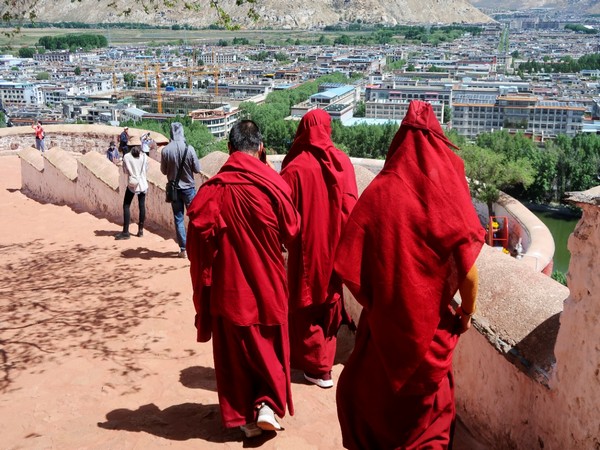ICT Report Exposes Systematic Censorship of Tibetan Content on Chinese Social Media
The International Campaign for Tibet (ICT) report reveals severe challenges faced by Tibetan users on Chinese social media due to systematic censorship. Despite claims of supporting minority languages, the Chinese government is accused of promoting Mandarin while suppressing Tibetan content, raising concerns about cultural preservation and freedom of expression.

- Country:
- United States
The International Campaign for Tibet (ICT) has unveiled a report highlighting severe challenges faced by Tibetan users on platforms such as Douyin and other Chinese social media channels, attributing these difficulties to systematic censorship of Tibetan content. According to ICT, these platforms are integral to Beijing's larger strategy to undermine Tibetan language and culture in favor of promoting Mandarin.
Although Chinese authorities assert their support for minority languages, including Tibetan, there has been no official acknowledgment or response to Tibetan protests against these discriminatory practices. ICT claims that Tibetans engaging in online commerce and communication face significant barriers, including blocked livestreams and restricted comments in Tibetan. This censorship hampers their ability to freely engage online, affecting even Tibetan medical professionals' communication with patients.
The report emphasizes that these actions aim to reinforce Mandarin's dominance while suppressing Tibetan cultural expression, contradicting official claims of respecting ethnic minority languages. It suggests governmental complicity in policies that undermine Tibetan language rights, despite constitutional protections. This situation raises broader concerns about freedom of expression and cultural preservation in Tibet and highlights the ongoing struggles of Tibetan advocates like Tashi Wangchuk, who continue to fight for language rights amid repression.
ICT further notes that stringent censorship and monitoring of Tibetan content on platforms like Douyin reflect systematic efforts to control narratives and silence dissent, aligning with the Chinese Communist Party's broader objectives. This suppression extends globally, with platforms like TikTok being used to harass Tibetan communities abroad, underscoring the international impact of these restrictive policies. The ongoing restrictions on Tibetan language use online and the lack of official response to grievances mark a troubling pattern of neglect and suppression, raising serious concerns about the future of Tibetan cultural identity and linguistic heritage under Chinese governance.
In Tibet, the government's bilingual education policy prioritizes Mandarin over Tibetan, leading to Mandarin's predominance as the primary language of instruction in many schools. Reports indicate restrictions on teaching Tibetan beyond certain educational levels, particularly in higher education institutions, limiting the opportunities for Tibetan language development. The government exercises strict control over textbooks and publications in Tibetan areas, ensuring alignment with state-approved narratives and ideologies, which extends to content related to Tibetan language and culture.
(With inputs from agencies.)










